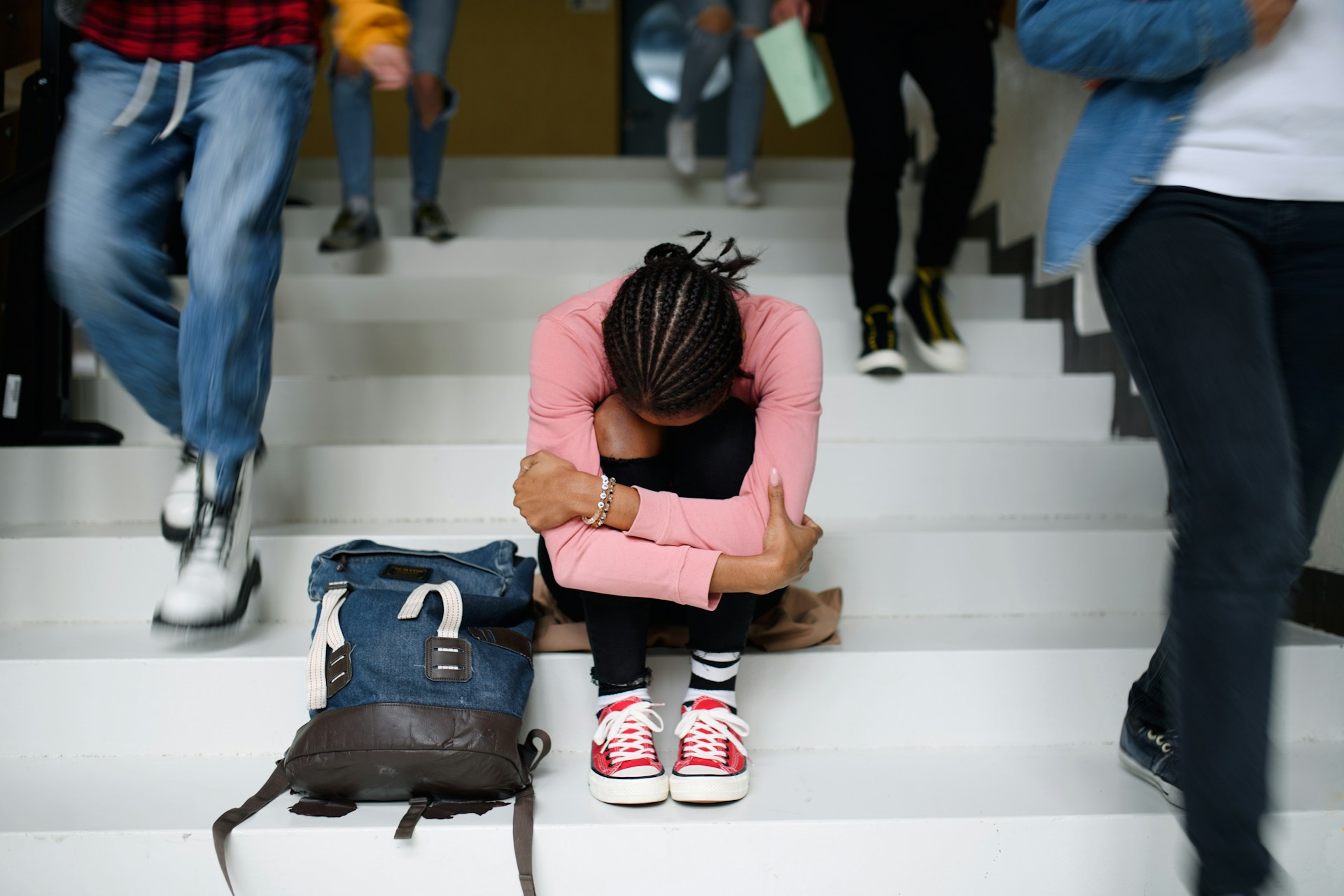Years ago, the major public health threats to teens were binge drinking, smoking, and teenage pregnancy. Today, most of these threats have fallen sharply and been replaced by mental health disorders, which different statistics have shown to be on the rise among adolescents.
According to The Arrow House, an adolescent project that serves individuals between the ages of 13 and 17, struggling with mental health can be highly isolating and draining. For effective treatment and a full recovery, these teenagers need all the help they can get.
That is why family and community support are crucial for mental health treatment and recovery, no matter what the teen is suffering from, be it addiction, mental health issues, or other psychological-related challenges.
Contents
- 1 Types of mental illness in teens
- 2 Factors that contribute to mental health disorders in adolescents
- 3 Signs and symptoms of mental health disorders in teens
- 4 The role of family dynamics in adolescent mental health
- 5 Importance of family in healing and recovery
- 6 How families can get involved in teenagers’ mental health treatment and recovery
Types of mental illness in teens
Adolescence is a crucial period in human development when teens develop social abilities and emotional habits important for mental well-being.
Teens who lack a protective and supportive environment in the family, at school, and in the general community may develop mental health disorders. Some of the mental illnesses commonly suffered by teenagers include:
- Emotional disorders such as anxiety and depressive disorders
- Behavioral disorders such as attention deficit hyperactivity disorder (ADHD)
- Eating disorders such as anorexia nervosa and bulimia nervosa
- Psychosis
- Suicide and self-harm
- Risk-taking behaviors
- Post-traumatic stress disorder (PTSD)
Factors that contribute to mental health disorders in adolescents
Multiple factors make teens prone to developing mental health disorders. Some of the factors identified by the World Health Organization (WHO) include:
- Exposure to adversity
- Pressure to conform with peers
- Exploration of identity
- Media influence
- Gender norms
- Quality of home life
- Violence (especially sexual violence and bullying)
- Harsh parenting
- Socioeconomic problems
- Stigma, discrimination, or exclusion
- Lack of access to quality support and services
Signs and symptoms of mental health disorders in teens
Early detection of mental health disorders is crucial for effective treatment and recovery in teens. Experts also recommend avoiding over-medicalization and prioritizing non-pharmacological approaches, which are most effective in the early stages of mental health illnesses.
Some signs and symptoms to watch out for in your kids include:
- Changes in mood or behavior
- Changes in self-care
- Substance abuse
- Suicidal thoughts or behaviors
- Changes in eating habits
- Reoccurring headaches or stomachaches
- Self-harm or talk of hurting oneself
- Being very moody or testy
- Trouble sleeping
- Loss of weight
If your child exhibits most of these signs and symptoms, or you are just worried they are acting out of the norm, do not hesitate to consult a healthcare professional. Discuss the behaviors you observed and why they make you worried.
Talking with their teachers, friends, and other people they spend time around can help you understand why they are acting the way they do and help in their treatment or recovery if needed.
The role of family dynamics in adolescent mental health
Family dynamics refer to the patterns of interactions and relationships among relatives and the various elements that shape their interactions.
Roles, communication, boundaries, values, and beliefs are key elements that play significant roles in family dynamics. The interplay of these elements creates a distinct dynamic for individual families. For context, some families are close-knit and supportive, while others are more distant or conflict-ridden.
A family dynamic can be influenced by a variety of factors, such as family structure, cultural background, life experiences, and individual personalities. Regardless of the contributing factors and elements, family dynamics have been discovered to have a massive impact on teenagers’ mental health.
Adolescents who experience conflict, neglect, or abuse within their nuclear family are more likely to develop mental health issues like depression, anxiety, and substance abuse.
Experts recommend that parents reflect on their behavior and communication patterns and avoid patterns of criticism that could damage their children’s self-esteem, for instance.
Healthy family dynamics can provide a foundation of love, support, and security. Conversely, unhealthy family dynamics can be a source of stress and conflict, affecting a teen’s mental and emotional health.
Importance of family in healing and recovery
While family can, unfortunately, make teens more prone to developing mental health disorders, they can also help in healing and recovery.
In many cases, family members are the first to recognize the signs of mental health problems in teens and can be the first to offer help and support.
They also play crucial roles in preventing teenagers from relapsing after treatment and recovery. Therefore, getting the family involved during the treatment process is beneficial.
How families can get involved in teenagers’ mental health treatment and recovery
A study published in the Frontiers in Psychology journal affirmed that family support positively impacts mental health and coping strategies. Let us explore some of the ways families can support their teenager’s mental health treatment and recovery.
Improved communication
Family therapy designed to improve relationships and behaviors among family members can help families learn how to communicate more effectively.
This can help teens feel more comfortable expressing themselves and can also help families better understand the teen’s mental health struggles.
Healthy boundaries
Healthy boundaries are a set of guidelines that allow family members to interact in a respectful and supportive way. It highlights what is acceptable and ensures everyone feels safe and comfortable during any interaction or relationship among family members.
Healthy boundaries can help teens make responsible choices and can also help prevent relapse.
Education
To efficiently support teens during their treatment and recovery process, the family needs proper education about the mental disorder they are suffering from.
This will help to create a safe space and inform how to best interact with the child. One of the best ways to learn about this is by attending therapy sessions with the teen.
Positive environment
Create a positive and supportive home environment. A strong support system is vital for recovery. Family members can provide encouragement, love, and understanding, which can motivate the teen to stay on track.



